‘Defeat’: Volodymyr Zelensky hails end of Russian gas transit
Flows of Russian gas to Europe via Ukraine have stopped after Kyiv refused to prolong decades of cooperation that had earned billions of dollars for both Moscow and Ukraine.
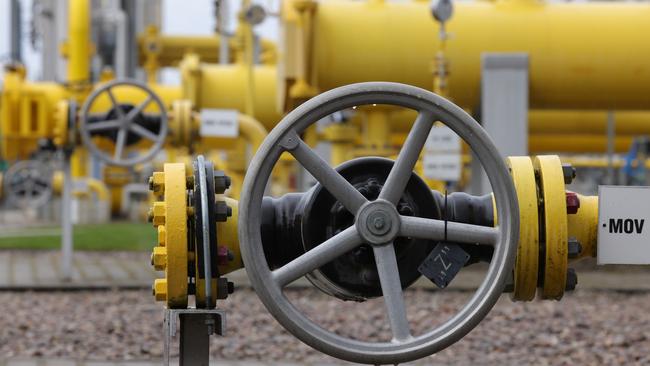
Ukrainian President Volodymyr Zelensky has hailed the end of Russian gas transit across his country as a significant “defeat” for Moscow amid its near three-year invasion.
Flows of Russian gas to Europe via Ukraine stopped on Wednesday morning (local time) after Mr Zelensky refused to prolong decades of cooperation that had earned billions of dollars for both Moscow and Kyiv.
Ukraine has attacked countries that still buy Russian energy as helping fuel Moscow’s war machine, but the decision has caused mixed reactions in Europe, Russia’s top gas customer before the February 2022 invasion.
Moscow says Ukraine is shooting itself in the foot and frustrating its partners in eastern Europe that rely on Russian supplies.
Russian gas accounted for less than 10 percent of the European Union’s gas imports in 2023 -- down from more than 40 percent before the war.
But some of the bloc’s eastern members are still heavily reliant on Russian imports.
Mr Zelensky pointed the finger directly at Russian President Vladimir Putin for the breakdown in gas ties.
“When Putin was given power in Russia more than 25 years ago, the annual gas pumping through Ukraine to Europe was 130+ billion cubic metres. Today, the transit of Russian gas is 0,” he said on social media.
“This is one of Moscow’s biggest defeats,” he added.
The expectation that the main conduit of Russian gas into central Europe would be cut off sent prices soaring.
According to data published by Ukraine’s gas transit network operator, initial orders for gas at Sudzha, an intake station on the Russia-Ukraine border, are set for zero January 1, implying that Russian gas supplies into the European Union via Ukraine will cease.
European natural gas prices hit €50 ($84) for the first time in more than a year after the news.
While most European states have found alternative supplies since the Kremlin’s invasion of Ukraine in February 2022, Hungary and a handful of its neighbours remain dependent on the “Brotherhood” network of pipelines from Russia.
Their governments are now confronted with a rise in energy bills, the loss of their own secondary transit revenues and the prospect of mounting public disgruntlement as one of their primary sources of natural gas vanishes overnight.
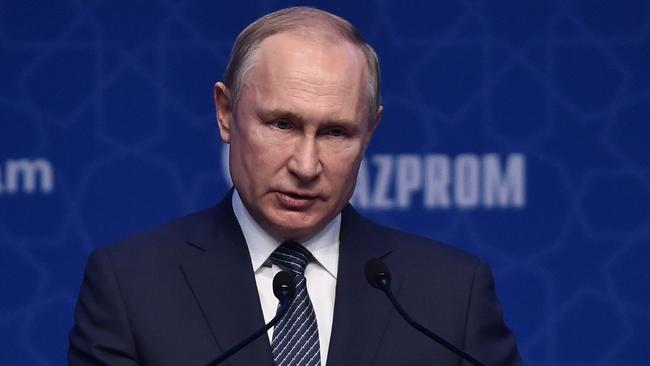
This is particularly uncomfortable for Viktor Orban, Hungary’s authoritarian prime minister, and Robert Fico, his Slovakian counterpart, both of whom have consistently aligned themselves with Vladimir Putin.
Yet it is also potentially awkward for the centrist leadership of the Czech Republic, which had declared “independence” from Russian gas last year but has since significantly increased its imports.
The root of the problem is the expiry of a five-year gas transit agreement between Kyiv and Moscow, which had regulated about half of Russia’s remaining exports to the EU and previously provided Austria, Hungary and Slovakia with roughly two thirds of their supplies.
The effect will not be an immediate catastrophe: all of the countries in question already have enough gas in storage to see them through the rest of the winter, barring an unexpectedly severe cold snap.
Over the coming months, however, they will have to lean more heavily on other, more expensive sources, such as liquefied natural gas imports via Italy, Poland, Croatia and Germany, or pipeline gas routed through the Balkans or Azerbaijan.
Ukraine has also offered to provide some of its own domestic production.
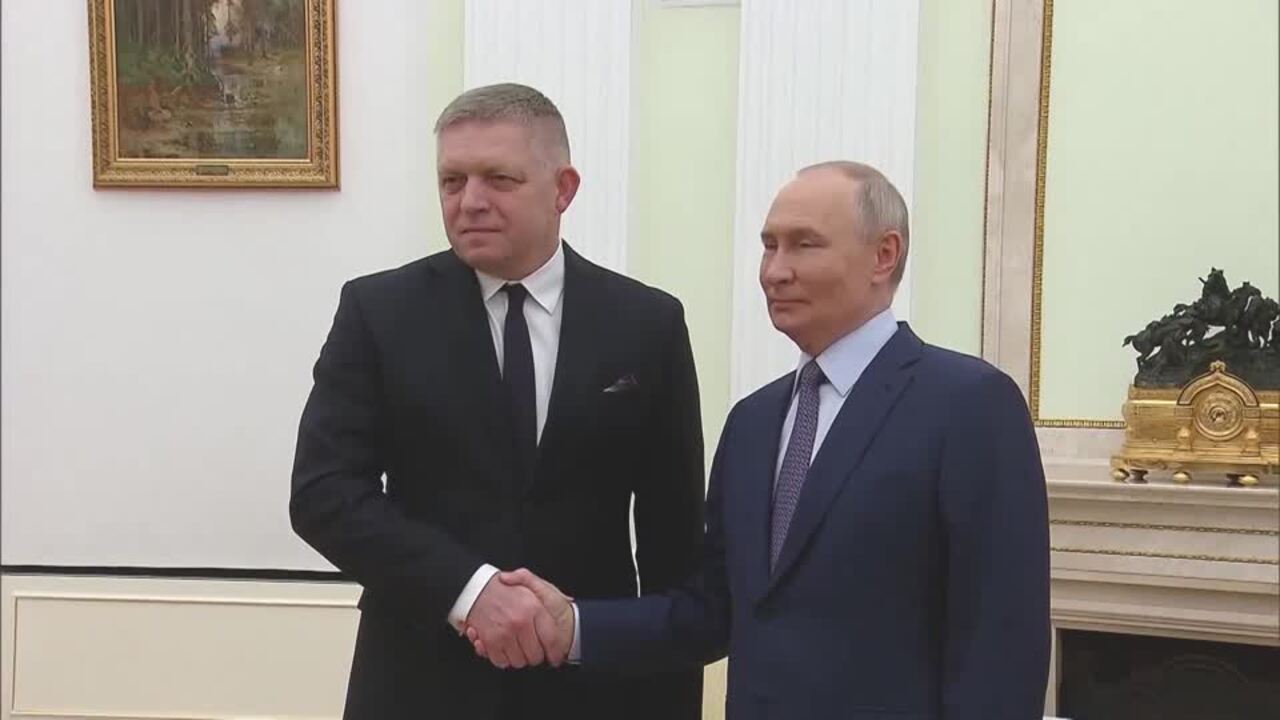
That shift could in turn drive up prices around the broader neighbourhood, particularly in Italy, meaning that the consequences could be felt across Europe’s gas markets.
On Tuesday wholesale gas prices for the UK and the Netherlands-based TTF exchange, the European benchmark, edged upwards in anticipation of the end of the transit deal and forecasts of colder weather in early January.
In recent weeks both Orban and Fico had made increasingly desperate attempts to keep the arrangement alive.
Orban, who has tried to turn Hungary into a regional trading hub for Russian hydrocarbons, suggested in vain that the pipeline gas flowing through Ukraine could be rebranded as “Hungarian”.
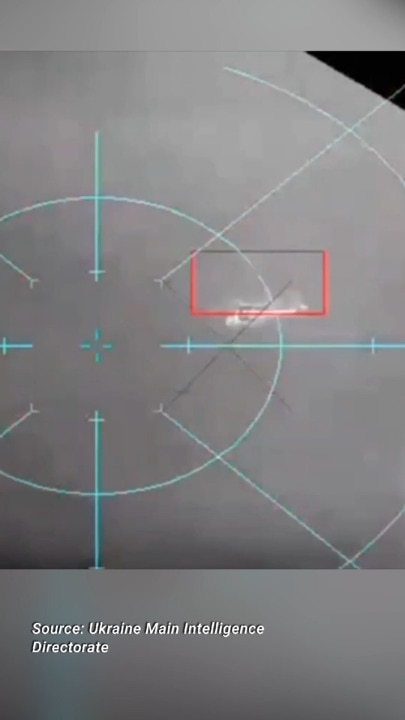
Fico went further, flying to Moscow and threatening Ukraine with “reciprocal measures” if it refused to renew the transit contract.
“If it is unavoidable, we will stop the supply of electricity, which Ukraine urgently needs in the event of grid failures,” he said in a public video message on Friday.
Another country in the crosshairs of the energy conflict is Moldova, which recently re-elected its pro-western president in the face of colossal interference from Russia and its proxies.
Gazprom, the Russian state’s main gas export conglomerate, said it would stop supplying Moldova on Wednesday, ostensibly because of a legal dispute over allegedly unpaid bills.
Although most of Moldova has pivoted to gas imports from neighbouring European Union members, this would chiefly affect the breakaway Transnistria region, which Moscow treats as part of its sphere of influence.
The Times




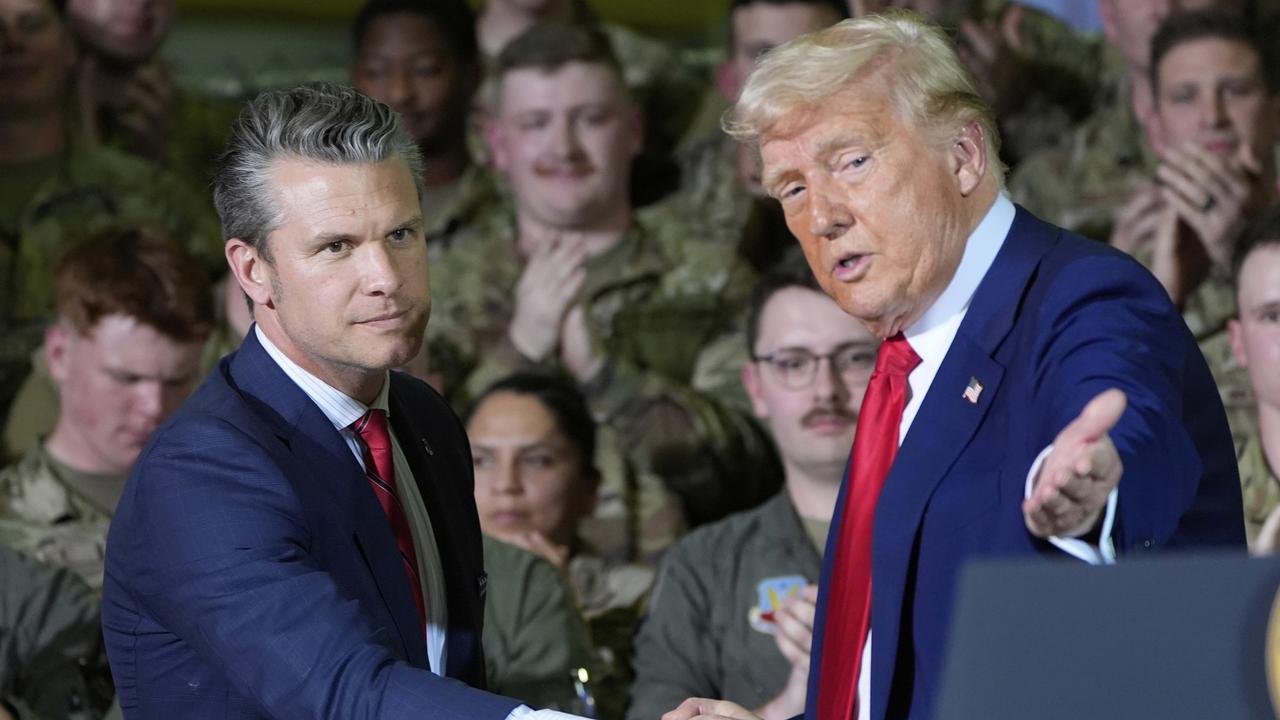
To join the conversation, please log in. Don't have an account? Register
Join the conversation, you are commenting as Logout